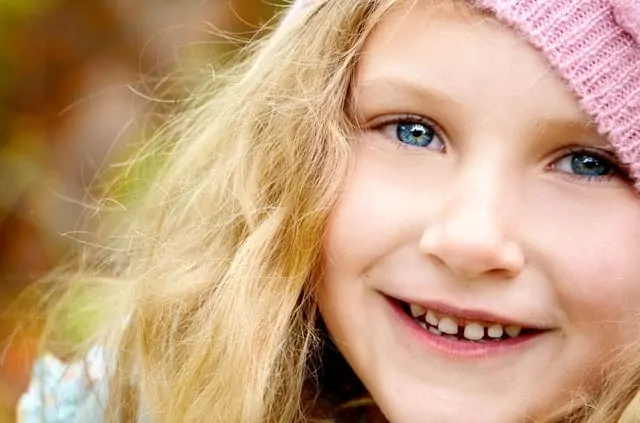
Mouth breathing is common among children and adults alike. What most people don’t realize is that breathing through your mouth, instead of your nose, could negatively impact oral health and is a main cause of dental and facial irregularities in children. At our Woodlands pediatric dental office, we encourage the parents of our patients to check for signs of mouth breathing so that we can work to fix it right away.
Breathing out of the mouth is an indication that there is a problem with the nasal passages. Nobody chooses to breathe out of their mouth, they do it because they can’t breathe through their nose properly. Children may not recognize this as a problem if it is their norm. However, if not caught and treated, chronic mouth breathing could affect facial growth and development.
Our jaws and tongues are typically used for eating, speaking, and swallowing. When we incorporate them into the breathing process, our posture actually changes. Chronic mouth breathers tend to push their head forward so it’s in front of the shoulders, or tilt it back in order to keep their airways open. This action pulls the jaw down and back and pulls the tongue down so that it’s no longer putting any force on the top teeth. In developing children, doing this repeatedly can lead to facial deformities.
Since children are constantly growing in all parts of their bodies, including their faces, it’s important to make sure nothing is inhibiting their overall growth like mouth breathing does. If left untreated, chronic mouth breathing can lead to a long, narrow face with a forward head posture, small, poorly developed nostrils on a narrow or flat nose, and a short upper lip along with a pouty-looking lower lip. Additionally, mouth breathing can create some alarming oral health and whole-body problems.
Mouth breathing may lead to allergies, increase the chance of gingivitis, create a gummy smile, and result in crooked teeth, just to list a few. It may also negatively affect the quality of sleep and lower the oxygen concentration in the blood. One of the most common oral health concerns associated with mouth breathing is the risk of tooth decay. Breathing from the mouth dries it out and decreases the amount of saliva produced. Saliva is important for neutralizing dangerous acids and washing away bacteria. Without it, the risk of decay increases greatly.
Some of the signs of mouth breathing include:
If you notice any of the symptoms of mouth breathing in your child, call your Woodlands pediatric dentist to help resolve the problem and keep your kid’s mouth and face in tip-top shape.
Serving patients in The Woodlands, Spring, and nearby neighborhoods.
Mouth breathing is common among children and adults alike. What most people don’t realize is that breathing through your mouth, instead of your nose, could negatively impact oral health and is a main cause of dental and facial irregularities in children. At our Woodlands pediatric dental office, we encourage the… Read More…